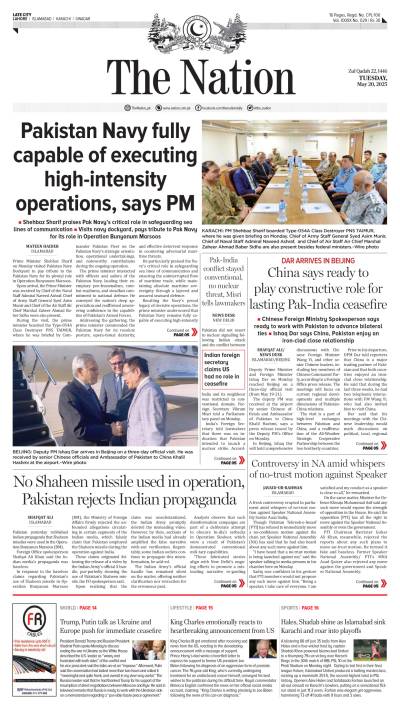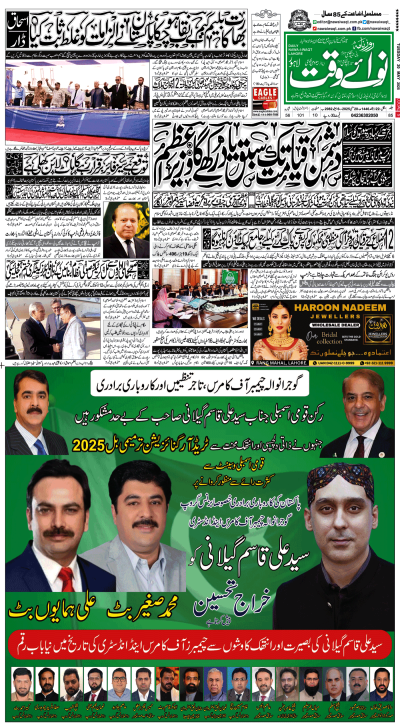I call them children of opportunity, sometimes catapulted for the adroitness sometimes for selective truth; opinion makers often propelled to fame riding waves and thriving on controversies, often echoing the public sentiment and not necessarily the reason. Barkha Dutt is one such Indian journalist and television presenter. She shot to fame during the Kargil War and never looked back. Controversies make her come alive in the art of gambling in ‘when to fight, when to walk away and when to run’. Her main controversies are her causative remarks on Hindu Pandits of Kashmir, Radia tapes and soft pedaling on Hindutva. Espousing secularism may have to do with her educational progress.
Born in a Hindu home, she graduated from St. Stephen’s College, Delhi and received her Master’s in Mass Communications from Jamia Millia Islamia New Delhi. Reports suggest she was married twice to Kashmiri Muslims. In Radia tape controversy, she admitted her error of judgement but maintained innocence. Despite being a secularist, she is mute on the purist sense of Hindutva as espoused by Vinayak Damodar Savarkar and its temporary adoption by BJP. Her daring approach is a strength of sorts. Being bold and feminist, she does not hesitate to tread a turf where eagles only dare. This forthright attitude often eclipsed in a haze, provides her space for maneuvering. When she narrates fault lines in India, she speaks for the entire region and the world.
Barkha was recently in Pakistan for launching her book ‘This Unquiet Land’ at Karachi Literature Festival. It is Barkha’s narration on India’s fault lines. If a reader thinks the book exposes India’s vulnerabilities, he is mistaken. Similar fault lines exist in all under-developed and developing countries. The book is a mirror Pakistanis, Bangladeshis, Afghans and others in the region must look into. Barkha’s narrations have brought realities to fore that afflict any society. In my view, the Flint water crises of a socially deprived and poor community in Michigan USA are a case in point. To her credit, the book marks her epitome, overriding the litany of crises she has waved through. The lady is bold with selective realism rooted in history.
The question-answer session during the book launch reflected the isolations and biases we live in. But much like many questions asked through narrow lens, her views on Pakistan are sometimes over simplified. Though her general drift is agreeable, she does not know enough of Pakistani sensibilities to apply the biometrics she applied to India. Both countries have existed in an estranged relationship thriving on extremes of divide, mutual suspicion and historical predispositions. Her biases about Pakistan are exposed.
To a question, Barkha Dutt downplayed the issue of rising extremism in India. She asserted that the system forces a political party in power to shed off its dogmas. She insisted that parties espousing narrow ideologies cannot build a clout and stabbed back at Pakistani audience with the names of Ajmal Kasab and Hafiz Saeed. Yet she chose to ignore Modi’s admission in dismembering Pakistan and rhetoric of many Indian leaders including national security. She perhaps hurried her book to particularly mention Mohammad Akhlaq who was murdered on 28 September 2015, purportedly for slaughtering a cow. If extremism is not rising in India, then why the title of the book, her reporting, comments on 2002 Gujarat massacre and repeated spars at Modi? In contrast to her lamentation on the growing divides in socio-economic strata in India (the space for maneuver she needs), makes her act like an apologist before the Pakistani audience?
She also refuted that anti-Pakistan rhetoric played any part in India’s electoral politics. My view after having followed Indian election in print media, Indian TV channels and participation in prime time shows is to the contrary. Rather, during Pakistani elections of 2013, anti-India rhetoric amongst the main political parties was inconspicuous. Perhaps it was this factor that emboldened her to comment that she did not find Kashmir being an issue in Pakistan. Was this a carefully crafted retort to play on the existing propaganda that the security establishment is the major hurdle to normalization of relations with India? Or was she consumed by the Indian global and regional interests?
Speaking on Kashmir she said, “The theatre of conflict is not Kashmir anymore as the two countries are consumed with themselves. The solution lies in the status quo.” The status quo she had in mind refers to the obtaining situation. She said, “The theatre of conflict has moved out of Kashmir. Pakistan and India linked peace to Kashmir and terrorism; respectively. The issue is resolvable but Pakistan needs to focus on problems that are on the minds of common people. Peace won’t be possible until issue of terrorism is sorted out”. Typically, she was referring to the Indian.
Is Kashmir not an issue in Pakistan, needs inquest? The reason why Barkha parries off the Pakistani argument is because it does not fit into her terrorism narrative. To Indians, Kashmir is Pakistan’s narrative that breeds terrorism. Unfortunately, Barkha’s assertion is contrary to her narrative in ‘This Unquiet Land’ supposedly rooted in history. It is here that her distortions become apparent. Barkha needs to clarify the following issues.
First, has she dug into Field Marshal Manekshaw’s memoirs, who as a staff officer in Indian military operations directorate flew to Srinagar to get the Instrument of Accession signed from the Raja?
Secondly, did she investigate that that Sardar Patel and VP Menon with the help of some jurists first made amendments to the 1935 Act and then finalised the Instrument of Accession in Delhi?
Thirdly, analysis of the amendments in the Constitution of India as regards Kashmir reveals sequence of amendments to be chronologically congruent to the points enunciated in the Instrument of Accession.
Fourthly, the logic of many judicial rulings in India and IHK nullify Indian paramountcy claims on Kashmir.
Fifthly, Kashmiri aspirations are hedged by at least 10 UN Security Council Resolutions. UNSC Resolutions 91 and 122 invalidate elections in IHK as substitute to plebiscite. They declare that acts such as J&K Constitution and by implication amendments in the Indian Constitution do not make for a final settlement of Kashmir.
Finally, that armed bands of Hindus and Sikhs with active support from the state forces massacred Muslims in 1947. The reactive violence turned into an independent government of Azad Kashmir on 24 October 1947.






